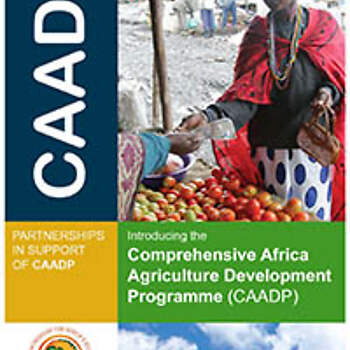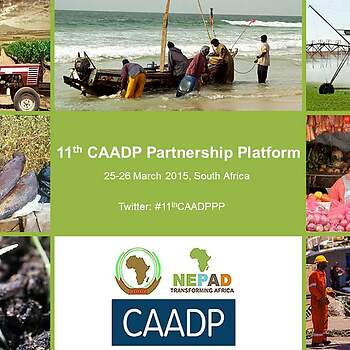During this period, although the private sector was recognized as the catalyst for agricultural development, the role of government was re-emphasized as a policy-making and regulatory body with a specific focus on reducing rural poverty, increasing revenues from agricultural trade, and feeding the burgeoning urban populations. In Africa, this led to the adoption of the AU Comprehensive Africa Agricultural Development Program (CAADP). The Netherlands provided support through a multi-donor trust fund and supported the European Centre for Development Policy Management (ECDPM) and the International Food Policy Research Institute (IFPRI) to play a role in the Regional Strategic Analysis and Knowledge Support System (ReSAKSS)[1], focusing on capacity building for agricultural planning, analyses of food and agriculture-related issues (including the political economy and trade) and monitoring progress on CAADP indicators. The Netherlands was also an active member of the CAADP donor coordination group. CAADP received new impetus in 2014 when the AU Heads of State endorsed the Malabo Declaration, with a more detailed and comprehensive set of targets to create momentum for agricultural development and food security[2].
[1] https://www.resakss.org/node/3397
[2] https://www.nepad.org/caadp/publication/malabo-declaration-accelerated-agricultural-growth
https://www.nepad.org/publication/concept-note-naips-appraisal-status-and-implementation-delivery-of-malabo

